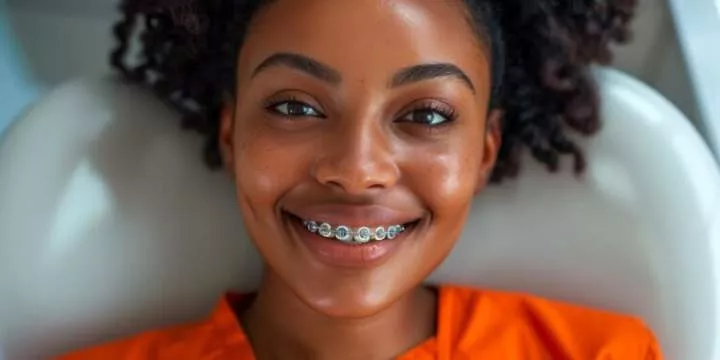
Amid the vibrant hustle at Iwo Road, Ibadan, 25-year-old Temi Okeowo paused at the entrance of a dental clinic, her heart beating with a mix of nervousness and excitement.
Yesterday marked the beginning of her journey towards a smile she had long dreamed of, one that would be shaped with the help of braces.
Temi's decision was spurred by the growing trend of orthodontic treatments in Nigeria, with braces becoming increasingly popular among individuals of all ages seeking to improve their dental health and aesthetics.
As awareness grows about the importance of proper dental care and the availability of new orthodontic technologies, more Nigerians are considering braces as a viable option for correcting their misaligned teeth.
The dental landscape in Nigeria
In Nigeria, access to dental health services, including orthodontic treatments, is a challenge due to the often inadequate and overstretched public facilities and costly private facilities, particularly in urban areas.
Oral health providers typically share space with other medical services within public hospitals, reflecting a focus on more centralised care. In contrast, private dental facilities usually operate independently, offering a different kind of patient experience.
For public-owned facilities, orthodontic treatments are predominantly conducted in general and teaching hospitals and not in primary healthcare centers.
While private clinics outnumber public ones, the latter often see higher patient volumes due to the lower cost of treatments, even though their services are less accessible, especially in rural settings.
The cost of braces, a crucial component of orthodontic care, varies significantly based on factors such as the type of braces selected, the complexity of the patient's dental issues, and the expertise of the orthodontist.
This featured article explores the varied options and associated costs of braces in Nigeria as of 2024, providing essential insights for those considering this dental treatment.
Braces available in Nigeria
As orthodontic technology advances, Nigerians now have access to a variety of braces options, each tailored to different needs, preferences, and budgets. The different types of braces available in Nigeria include:
Traditional metal braces: The most common and cost-effective option, traditional metal braces, are made of high-grade stainless steel and remain a popular choice due to their reliability in treating various dental misalignments. However, their visible nature can be a drawback for those concerned about appearance.
Ceramic braces: These braces are similar in shape and size to metal braces but are crafted from ceramic materials that blend more naturally with the teeth, making them less noticeable. While they offer aesthetic advantages, ceramic braces can be more fragile and slightly costlier than their metal counterparts.
Lingual braces: Positioned on the back of the teeth, lingual braces are virtually invisible from the outside. They are custom-made to fit each tooth. This type of brace is ideal for those who prioritise aesthetics and are willing to invest more. However, they can be more challenging to clean and may initially cause discomfort to the tongue.
Clear Aligners: An increasingly popular choice, clear aligners such as Invisalign are nearly invisible trays that gradually shift teeth into position. They can be removed for eating and brushing, offering a significant advantage in terms of convenience and oral hygiene. While they are generally more expensive and may not be suitable for correcting severe malocclusions, their discreet nature makes them highly appealing to adults and teens alike.
Each type of brace has its own set of pros and cons, and the right choice largely depends on individual needs, financial considerations, and the specific recommendations of an orthodontist.
Average cost comparison between public hospitals and private dental clinics

Metal braces are primary options at public hospitals in Nigeria due to the expense of ceramic braces, lingual braces, and clear aligners. Since public hospitals receive funding from the Federal Government, these cost-effective metal braces are the most accessible choice.
Public hospitals charge N350,000 at the minimum for services related to braces and N500,000 at the maximum.
Private hospitals, however, pay higher, ranging from N750,000 to N3.5 million.
Factors affecting costs of braces in Nigeria
Geographical location
The cost of braces often varies from one region to another within Nigeria. Urban centers like Lagos, Abuja, and Port Harcourt typically have higher pricing due to higher operational costs and the availability of more experienced orthodontists. In contrast, costs might be lower in smaller cities and rural areas, though options for advanced orthodontic care can be more limited.
Type of hospital/clinics
Private dental facilities in Nigeria typically command higher fees compared to public hospitals. This price disparity stems from the fact that private clinics offer a diverse range of braces, in contrast to public hospitals which primarily utilise metal braces funded by the government. Moreover, private hospitals boast advanced equipment, further justifying their higher costs.
Complexity and length of treatment
Patients facing complex dental issues often incur expenses surpassing the average cost. This is due to the additional treatment required to address these complexities, which not only influences the duration of treatment but also contributes to the overall expenses incurred by the patient.
Braces type
As stated, the type of braces chosen affects the cost. Metal braces are generally the least expensive, while options like lingual braces and clear aligners tend to be pricier due to their aesthetic advantages and advanced manufacturing processes.
Financing options and expert opinions
Financing orthodontic treatments like braces can be a significant concern for many in Nigeria, where Nairametrics reports that the majority of patients pay out of pocket. To better understand the financial landscape and options available, Nairametrics consulted with several dental experts.
According to an orthodontist, who asked not to be named, "Health insurance typically doesn't cover the costs of braces. Many people lack health insurance, and those who have it often find that dental care isn't included. Some premium plans might cover part of the costs, but rarely the full amount. It's crucial for patients to review their insurance benefits or directly contact their providers."
Many dental clinics across Nigeria offer flexible payment options to make treatments more accessible.
"Here, you can pay in instalments. As you come for your appointments, you can make partial payments until you complete your treatment," explained a dental nurse from a teaching hospital.
An orthodontist from a private clinic added, "We require 50% of the payment upfront, with the balance spread over the course of the treatment."
Terms can vary significantly between clinics, so patients are advised to shop around and compare these options.
Dental clinics in Nigeria occasionally offer discounts, particularly during special events like Dental Health Month.
"Our clinic sometimes runs discounts. Currently, we are offering a 10% discount to any patient who pays in full," shared a representative from one clinic.
Prospective patients should inquire about any ongoing discounts which could make their treatment more financially feasible.
Patient experiences
Insights from patients also shed light on the realities of obtaining braces in Nigeria.
One patient shared, "I opted for a teaching hospital as it was more affordable compared to private clinics. However, my treatment extended beyond the expected timeframe due to occasional equipment shortages."
Another patient preferred the private clinic route, stating, "I chose a private clinic to avoid the long waits typical at public hospitals. It was a stress-free experience, from consultation to getting my braces."

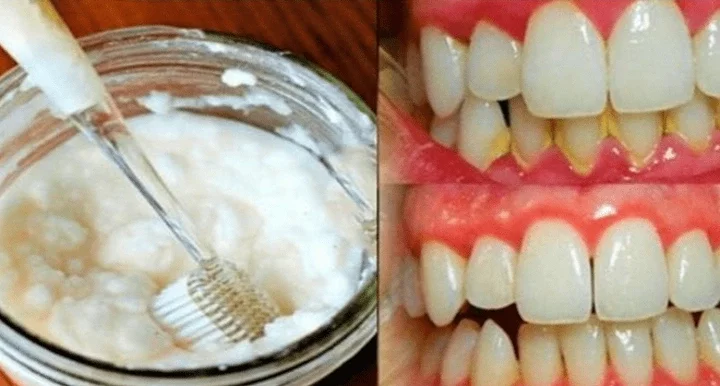

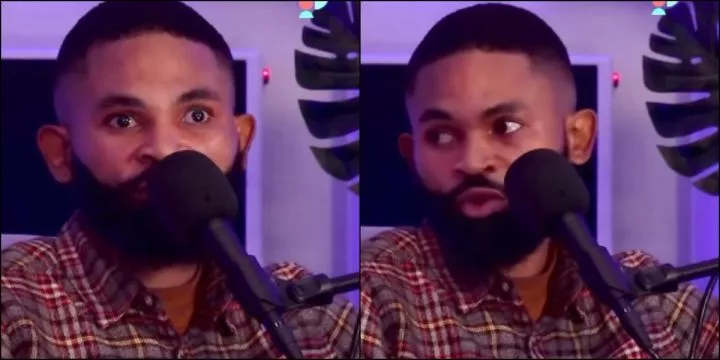

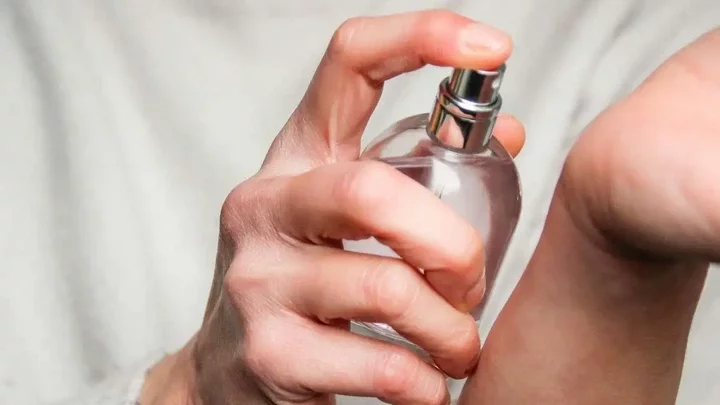


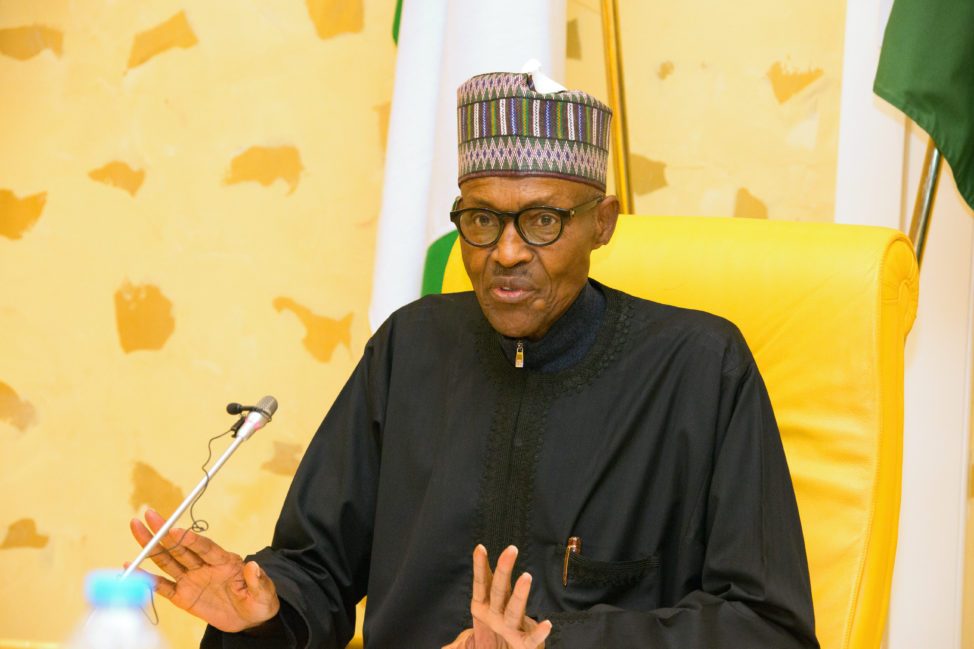




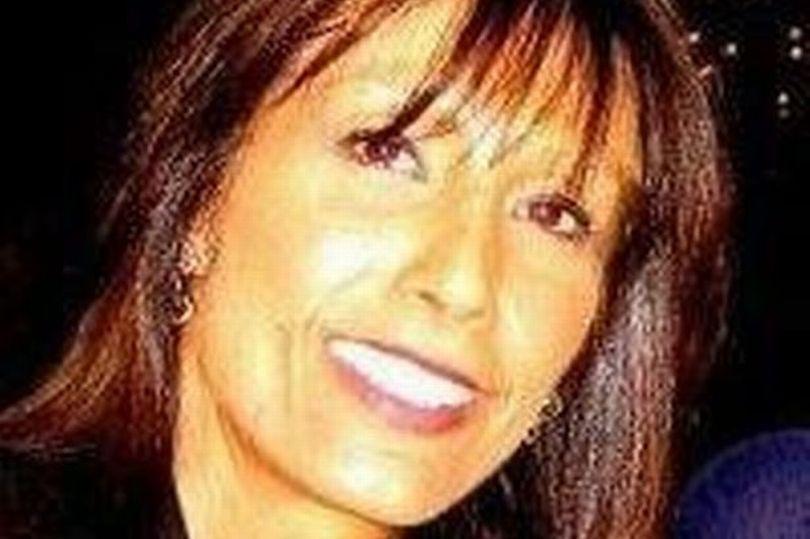
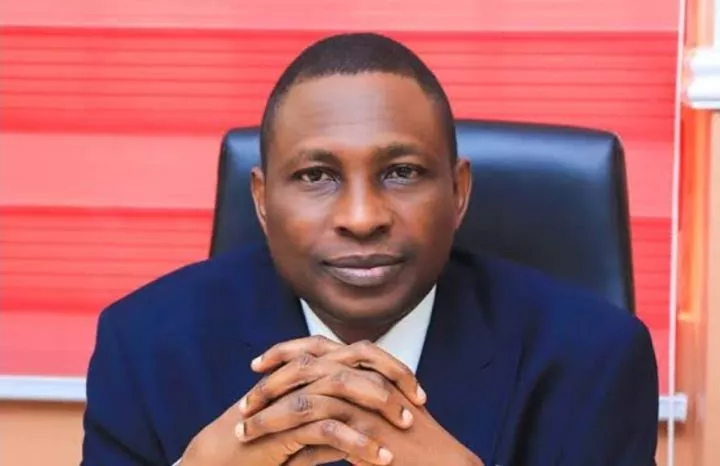


Comments